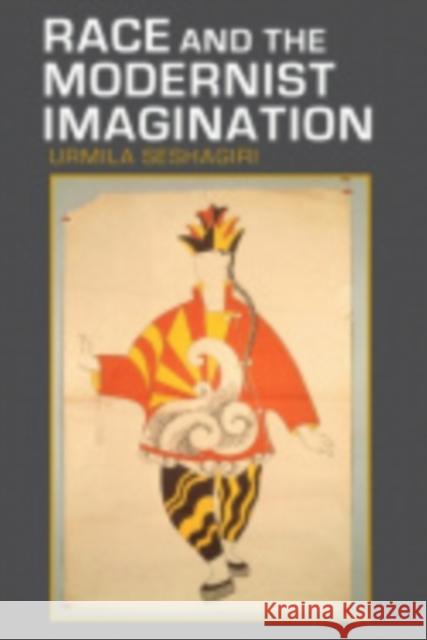Race and the Modernist Imagination » książka
Race and the Modernist Imagination
ISBN-13: 9780801448218 / Angielski / Twarda / 2010 / 272 str.
Race has long been recognized as a formative element of American modernism, but its role in England is less clearly understood. While critics have examined race in the works of British writers such as Kipling, Conrad, and Forster, they have done so mostly from a postcolonial perspective. In Race and the Modernist Imagination, Urmila Seshagiri finds that race as a matter apart from imperialism served as an engine for the creation of new literary forms by a wide range of writers, including Oscar Wilde, Ford Madox Ford, Katherine Mansfield, Rebecca West, and Virginia Woolf. In Seshagiri's view, race provided these writers with a set of tropes and plots that rejuvenated the British aesthetic tradition: new ideas and fresh forms found their way into British literature through characters and settings that evoked other peoples, other places. In addition to her readings of a fascinating array of works The Picture of Dorian Gray, Heart of Darkness, The Good Soldier, To the Lighthouse, Orlando, and the short stories of Mansfield and West Seshagiri considers examples that fall outside the usual purview of British modernist literature, such as Sax Rohmer's Dr. Fu Manchu tales, the avant-garde review BLAST, and Vita Sackville-West's travel writings. Throughout, she places her subjects within their social and cultural contexts: British Chinatowns, avant-garde cabaret clubs, exhibitions of African art, and dance performances by the Ballets Russes. Urmila Seshagiri's interdisciplinary study reveals a common core of race in the modern imaginary and, more broadly, establishes race as a crucial concept for understanding the cultural field of modernity."











